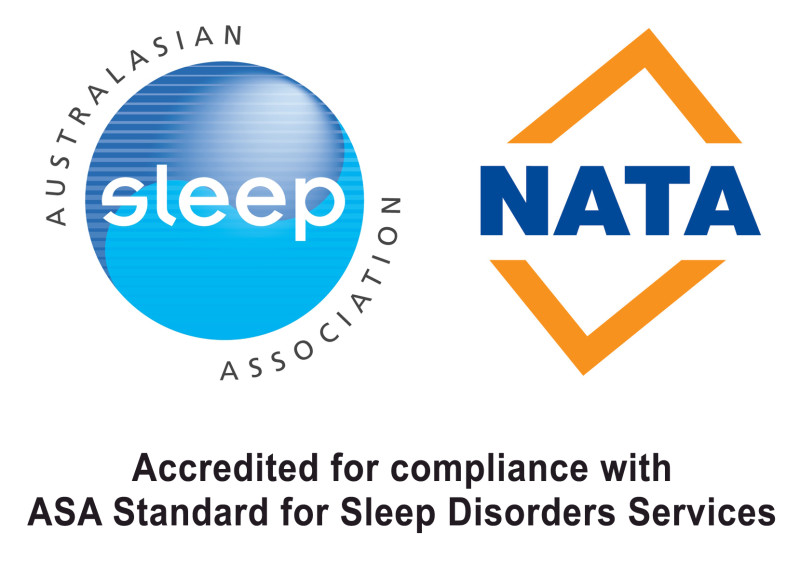
Circadian Rhythms
WHAT ARE CIRCADIAN RHYTHMS?
Most people have a normal cycle of waking up around 6-7am, going to work from about 9am-5pm, and then becoming sleepy and ready for bed by about 9-10pm. They will sleep for approximately 8 hours before waking up again.
This process is called a circadian rhythm, and it is this natural rhythm that gets affected when we work shift work or experience jetlag.
Circadian rhythms influence our body temperature, sleep and wakefulness and various hormonal changes.
Sunlight and other time cues help to set our circadian cycles so that they are consistent from day to day. For most people the length of a complete cycle is very close to 24 hours.
THE SCIENCE OF CIRCADIAN RHYTHMS
Circadian rhythms are coordinated by small nuclei (centres) in the middle of the brain, the suprachiasmatic nuclei (SCN). The SCN are connected to other parts of the brain and helps control the body’s temperature, hormone release and many other functions.
A pathway runs from our eyes to the SCN and light seems to play the largest role in setting our circadian clocks. Interestingly, blind people often report problems with circadian rhythms, since it is difficult for them to get the time cues needed to set their circadian clocks.
Other factors that may affect the SCN and the setting of the circadian clock include exercise, hormones and medications.
In healthy people the various circadian rhythms are “in tune” like the many instruments of an orchestra.
Body temperature, for example, starts to rise during the last hours of sleep, just before waking up. This may promote a feeling of alertness in the morning. In the evening the bodies temperature decreases in preparation for sleep. A small drop in temperature also occurs in most people between 2pm and 4pm which may explain why many people feel sleeping in the early afternoon.
Although it has not been proven that changes in body temperature determine our sleep habits, there does appear to be a relationship between the two.
WHAT TREATMENTS CAN HELP CIRCADIAN RHYTHM DISORDERS?
There are some methods you can do to try and maintain your circadian rhythm, even if you are a shift worker or traveller.
- On the last few days of the evening shift, delay bedtimes and wake up times by one to two hours. As the night shift begins, workers will already be well on their way to adapting to the new schedule.
- Try to allow extra time for adjustment during a trip or when switching to a new work schedule. Don’t skimp on the time for sleeping.
- Depending upon the new time zone, a short nap at a specific time of day can be useful in help overcome jet lag.
WHAT CAUSES CIRCADIAN RHYTHM DISORDERS?
There are many factors that can cause circadian rhythm disorders, such as:
- Genetics
- Age
- Work and social commitments
- Jet lag
- Shift work
- Delayed Sleep Phase Syndrome (DSPS) – Not being able to fall asleep until 2am or later. This syndrome is more common in young adults.
- Advanced Sleep Phase Syndrome (ASPS) – Sleepiness beginning in the early afternoon and therefore waking up too early and not being able to get back to sleep. This is more common among older adults.
- Irregular Sleep/Wake Pattern – the inability to adjust to a 24 hour period.
- Sleep disorders – sleep disorders can be linked with snoring, diabetes, depression, heart disease, hypertension and stroke. If you have any of these conditions and you are having trouble sleeping, it is important that you see a physician.
ALTERNATIVE TREATMENTS
BRIGHT LIGHT THERAPY
Bright light therapy is being studied as a way to shift the circadian system and reset the body’s clock. Properly timed exposure to bright lights may help advance or delay the sleep cycle.
Evening exposure to bright light can be used to treat ASPS by shifting the circadian clock to a later hour. Morning exposure to bright light is used to treat DSPS by shifting the circadian clock to an earlier hour.
If you think you suffer from one of these disorders, seek specific advice about this from your healthcare professional.
SUPPLEMENTAL MELATONIN
Melatonin is a naturally occurring substance that increases in the bloodstream during the night. Although this form of treatment is experimental, it is believed to help promote sleep onset and rest the biological clock in some situations.

